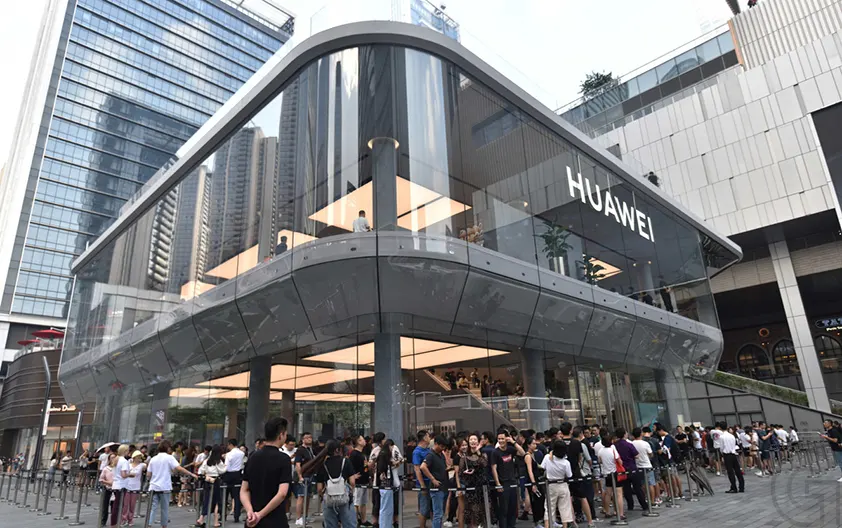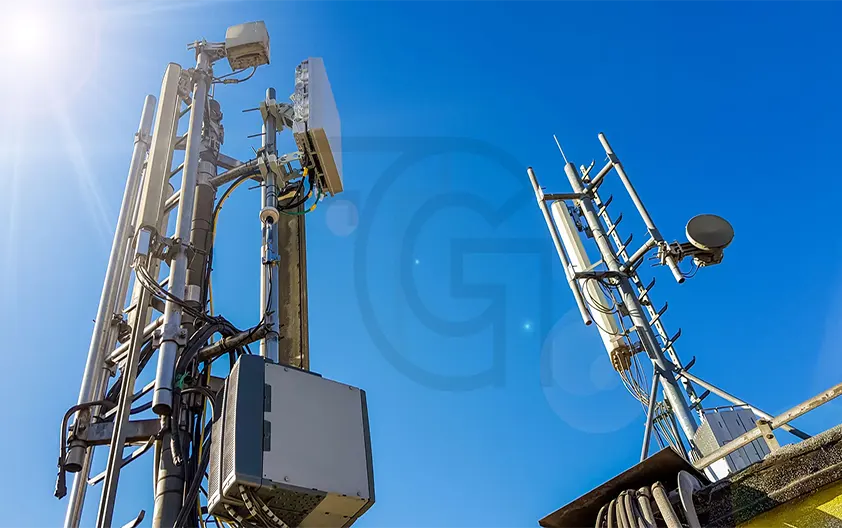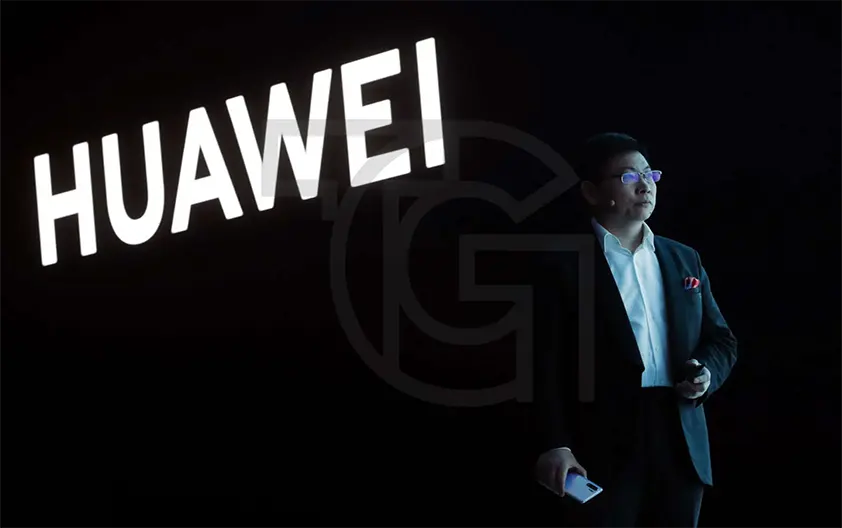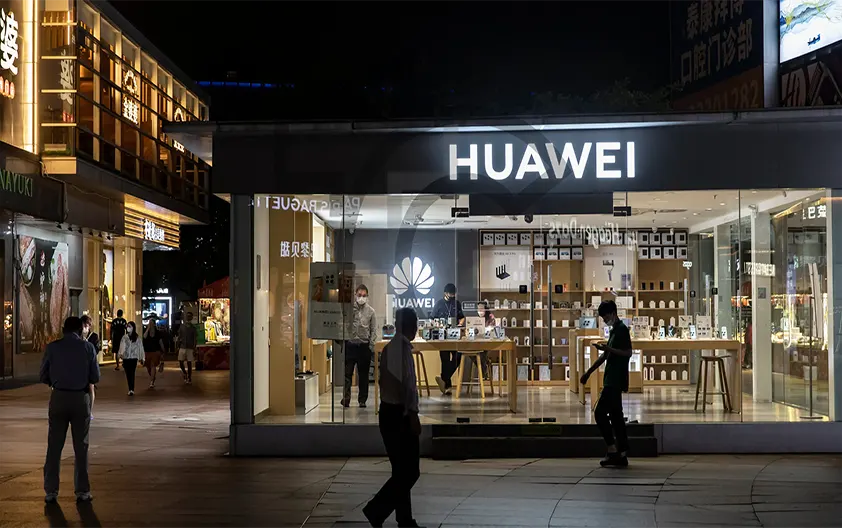Evolution and History Huawei
Introduction:nEvolution and History Huawei
In the fast-paced world of telecommunications and technology, Huawei has emerged as a global giant, shaping the landscape of the industry with its innovative solutions and cutting-edge technology. Founded in 1987 by Ren Zhengfei, Huawei has evolved from a small startup in Shenzhen, China, to become one of the world’s leading telecommunications equipment and smartphone manufacturers. This article delves into the rich history of Huawei, tracing its roots, milestones, and global impact.t
(:Founding Years (1987-1997)
Huawei was founded by Ren Zhengfei in 1987, initially focusing on manufacturing phone switches. Ren, a former engineer in the People’s Liberation Army, envisioned a company that could compete on a global scale. In its early years, Huawei faced challenges as it sought to establish itself in the highly competitive telecommunications market. However, the company’s commitment to research and development, coupled with a focus on quality, allowed it to gain a foothold in the industry.y

Evolution and History Huawei
(Expansion and Global Presence (1997-2007):Evolution and History Huawei
During the late 1990s and early 2000s, Huawei expanded its operations internationally, entering markets in Asia, Europe, and Africa. The company gained a reputation for providing cost-effective and reliable telecommunications solutions, which contributed to its rapid growth. Huawei’s portfolio expanded to include a wide range of products, from infrastructure equipment to consumer devices.s
In 2003, Huawei faced allegations of intellectual property theft from competitors such as Cisco Systems, which the company vehemently denied. Despite these challenges, Huawei continued its global expansion and began to emerge as a major player in the telecommunications equipment market.t
(:Technological Innovation and 5G Leadership (2008-Present)
Huawei’s commitment to research and development became increasingly evident in the following years. The company invested heavily in emerging technologies, such as 5G, artificial intelligence, and the Internet of Things (IoT). Huawei’s leadership in 5G technology positioned it at the forefront of the global race to deploy next-generation networ.r
Huawei, a global technology powerhouse, has diversified its operations across various industries, showcasing a commitment to innovation and technological advancement. This article provides an overview of the diverse fields in which Huawei operates, highlighting the company’s extensive reach and impact on the global landscape.e

Evolution and History Huawei
telecommunications Infrastructure:eEvolution and History Huawei
Huawei’s roots lie in the telecommunications industry, where it initially gained prominence as a provider of telecommunications equipment. The company is a leading global player in this field, offering a comprehensive range of solutions, including network infrastructure, wireless communication systems, and broadband networks. Huawei’s cutting-edge technologies have played a pivotal role in the development and deployment of advanced telecommunications networks worldwide.e
Consumer Electronics:s
Huawei has made significant strides in the consumer electronics market, becoming a key player in the production of smartphones, tablets, laptops, and other consumer devices. The company’s flagship smartphones, equipped with advanced features and cutting-edge technology, have garnered international acclaim, contributing to Huawei’s status as one of the top smartphone manufacturers globally.y

Evolution and History Huawei
Information Technology (IT) Solutions:sEvolution and History Huawei
In addition to telecommunications and consumer electronics, Huawei operates in the realm of information technology, providing a wide array of solutions for enterprises. This includes cloud computing services, data storage solutions, and enterprise networking products. Huawei’s IT offerings cater to the evolving needs of businesses, facilitating digital transformation and enhancing operational efficiency.y
(:Smart Cities and Internet of Things (IoT)
Huawei is actively involved in the development of smart city solutions and Internet of Things (IoT) technologies. The company leverages its expertise in telecommunications and IT to create integrated solutions for urban development, transportation, and public services. Huawei’s IoT initiatives aim to connect devices and enable data-driven decision-making for more efficient and sustainable urban living.g

Evolution and History Huawei
Energy Sector:r
Huawei has expanded its operations into the energy sector, providing innovative solutions for smart grids, renewable energy, and efficient energy management. The company’s foray into this field underscores its commitment to contributing to sustainable development and addressing global challenges related to energy consumption.n
Automotive Industry:yEvolution and History Huawei
In recent years, Huawei has entered the automotive industry, focusing on the development of smart and connected vehicles. The company collaborates with automakers to integrate its technology into vehicles, contributing to the evolution of the automotive landscape toward autonomous driving, connectivity, and electrification.n
However, Huawei also faced increased scrutiny from Western governments, particularly the United States, over concerns about national security and alleged ties to the Chinese government. The U.S. government imposed restrictions on Huawei’s access to American technology, leading to challenges in the company’s smartphone business and global partnerships.s

Evolution and History Huawei
Unraveling the Reasons Behind the Global Bans on Huawei:i
In recent years, Huawei, the Chinese telecommunications giant, has faced widespread bans and restrictions in various countries, sparking intense debates about the interplay between technology, national security, and global geopolitics. This article delves into the multifaceted reasons behind the decisions to ban Huawei, shedding light on the complex dynamics that have led several nations to exclude the company from their critical infrastructure projects.s

Evolution and History Huawei
National Security Apprehensions:sEvolution and History Huawei
A primary and recurrent concern cited by countries opting to ban Huawei revolves around national security. Governments, particularly the United States, have expressed reservations regarding Huawei’s perceived proximity to the Chinese government. Critics argue that Huawei’s ties to Beijing raise the potential for espionage or unauthorized access to sensitive information through the company’s telecommunications equipment.t
Allegations of Espionage:e
Huawei has faced allegations of engaging in espionage activities on behalf of the Chinese government. While Huawei vehemently denies such accusations, several countries, including the United States, have raised suspicions about the company’s potential involvement in cyber-espionage. This fear of unauthorized data access has been a significant driver behind the decisions to ban Huawei from participating in the development of critical infrastructure, especially in the realm of 5G technology.y
Lack of Trust and Transparency:yEvolution and History Huawei
A key factor contributing to the bans is the perceived lack of transparency in Huawei’s operations. Some governments argue that the company has not been forthcoming about its internal processes and relationships with the Chinese government. The absence of a clear delineation between Huawei and the Chinese state has fueled skepticism, eroding trust and confidence among potential partner nations.s
Global Trade and Economic Competition:n
The banning of Huawei is not solely rooted in security concerns but also reflects the intensifying global competition in the technology sector. Countries, particularly those in the West, see Huawei as a formidable competitor in the race for technological dominance. Banning Huawei from participating in critical infrastructure projects may be seen as a strategy to protect domestic industries and maintain a competitive edge in the rapidly evolving technological landscape.e
U.S. Sanctions and Export Controls:s
The United States, in particular, has imposed stringent sanctions and export controls on Huawei, limiting the company’s access to crucial technologies and components. These measures, often justified on national security grounds, have had a cascading effect, influencing decisions by other countries to distance themselves from Huawei and its products.s
Despite these obstacles, Huawei continued to innovate, introducing cutting-edge smartphones, tablets, and other consumer electronics. The company also played a pivotal role in the development of global 5G standards and infrastructure.e
Challenges and Future Outlook:kEvolution and History Huawei
Huawei was navigating a complex geopolitical landscape. The company faced challenges in accessing key technologies and markets, with some countries opting to exclude Huawei from their 5G networks due to security concerns. Huawei’s smartphone business also encountered difficulties, particularly in markets outside of China.a
Looking ahead, Huawei’s future will likely be shaped by its ability to navigate geopolitical challenges, diversify its business, and continue to innovate. The company has expressed its commitment to sustainability and digital inclusion, emphasizing the importance of technology for societal development.t





